Société québécoise d’études théâtrales
2019 INTERNATIONAL CONFERENCE
Theatre and New Materialisms
Carrefour des arts et des sciences
Université de Montréal
Montréal, CANADA
May 27-29, 2019
Until recently, thinking about the theatre revolved around its liveness, the co-presence of (human) actors and spectators in the same place at the same time. Increasingly, however, the discussion has broadened to include the role of technology, the environment and a wide variety of other factors. This shift accounts for the growing interest among practitioners and theoreticians alike in the other co-presences that make a performance and its effects possible. The series of “turns” in theatre studies of the past 20 years – performative, sound, non-human, intermedial, affective, postlinguistic, ecocritical, etc. – reflect this development. But theatre is not an isolated case. Those turns correlate with the emergence of a major new school of thought in the 21st century, new materialism, which cuts across the humanities and ties in with advances in the natural sciences, irrevocably transforming the way humans perceive their environment, their role in it, and the role of its other components.
One thing that is “new” in the new materialisms is their rejection of traditional dualisms – dead/alive, animate/inanimate, energy/mass, immaterial/material, active/passive, human/non-human, intentional/non-intentional, presence/mediation, etc. – and of the anthropocentrism that dominated the humanities throughout the long 20th century. The new materialisms ascribe to “matter” a power of agency of which humans are neither the cause, nor the source, nor the beneficiaries. This is not to say they are anti-human, for humans are not outside matter, nature and the environment. They are part of it. Neo-materialist thinking replaces a vertical, one-way dynamic of agency, in which humans dominate the world (and exploit it), with a recursive, multidirectional dynamic in which humans, as agents among others, act on their environment but are also transformed by it.
The stage, a site where humans face humans, is the quintessential anthropocentred space. It is also a fertile subject for neomaterialist investigation, for it constitutes a complex ecosystem where varieties of agency meet, powers collide, multiple vectors of meaning and affect emerge, and the physical, the discursive and the symbolic intertwine. The stage is therefore representative of complex forms of agency and promises to illuminate their operation.
The “Theatre and New Materialisms” conference will examine live performance, past and present, through the lens of neomaterialist thinking, the schools of thought that animate it, and the aforementioned “turns” that have studded its development. Naturally, the discussion will not be confined to the traditional stage but will embrace live performance in all its forms.
Possible topics for submissions include:
1. Design and production:
- Impact of human agents (director, set designer, sound designer, etc.) and non-human agents (backdrop, furniture, props, atmosphere, etc.) on theatrical processes;
- Set design, stage devices, high tech / low tech, physical environments in the theatre, the borderless stage
- Intermediality, multimodality, interdisciplinarity, interarts;
- The materiality of the script: publishing, distribution and conservation media; the immateriality or evanescence of the theatre;
2. Reception modes and practices:
- The spectator’s posture, practices and relationship to the physical environment;
- New dissemination methods and channels;
- The materiality of reviews and comments;
3. Institutional dynamics and evolving values:
- Political, ideological, historical and institutional aspects of theatre production and reception;
- Funding and spending on facilities: material considerations in amateur and professional theatre;
- The contribution of post-humanist sociology to reflections on new materialisms and theatre studies.
- Contributions to training: neomaterialist thinking and theatre training.
Twenty minutes will be allocated to presenting papers, followed by ten minutes for audience discussion.
Submissions should be no more than 250 words in length and accompanied by a brief bio including academic affiliation. The deadline is December 2, 2018. Please send proposals to:
The selection committee will entertain various types of submissions, including proposals for full panels consisting of three or four papers. Proposals that explore problematic issues will be preferred over purely descriptive approaches. As the conference is being held under the aegis of the Société québécoise d’études théâtrales, papers in English should be accompanied by a French translation of the abstract.
Conveners
Jean-Marc Larrue (Université de Montréal)
Nicole Nolette (Université de Waterloo)
Hervé Guay (Université du Québec à Trois-Rivières)
Scientific Committee
Jeanne Bovet (Université de Montréal)
Christophe Collard (Vrije Universiteit Brussel)
Catherine Cyr (UQAM)
Cyrielle Dodet (Université d’Albi)
Erkki Huhtamo (UCLA)
Erin Hurley (Université McGill)
Marie-Christine Lesage (UQAM)
Giusy Pisano (École Nationale Supérieure Louis-Lumière)
Jean-Paul Queinnec (UQAC)
Julie Sermon (Université de Lyon 2)
Kurt Vanhoutte (Université d’Anvers)
SQET 2019
CRILCQ/Université de Montréal
Département des littératures de langue française
Pavillon Lionel-Groulx, local C-8141
C.P. 6128, succ. Centre-Ville
Montréal (Québec) H3C-3J7
Tél.: 514-343-6111, poste 7369
